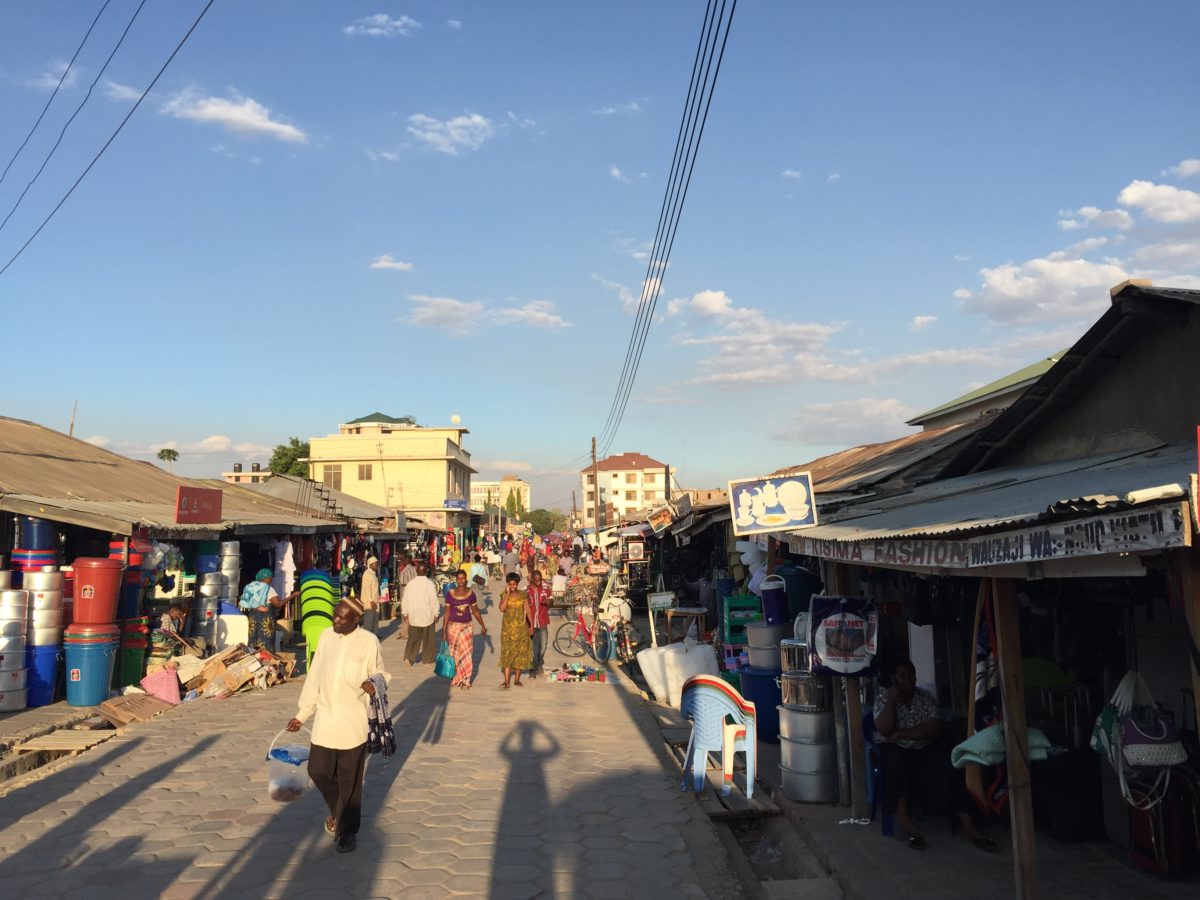Tanzania’s state-owned power utility the Tanzania Electric Supply Company Ltd (Tanesco) has issued a request for qualification for the construction of several large-scale PV projects with a combined capacity of 150 MW.
Through the tender, Tanesco aims to procure power generation from plants in the regions of Dodoma, Singida, Shinyanga, Mwanza, Simiyu and Iringa over the next two years, according to the document.
The selected projects will be between 20 MW and 50 MW in size, and developers will have to undertake feasibility studies and finance, build, own, operate and transfer the projects. Project proposals must be submitted by October 19.
African nation could obtain all its power from renewables by 2050
If implemented, the tender scheme would be the first real attempt to bring large-scale solar to the sub-Saharan African nation. With a population of around 59 million people and access rates to electricity ranging around 32%, Tanzania has implemented mini-grid solar projects to improve the share of renewables in its energy mix. The last two projects of this kind are being implemented by Tanzanian mini-grid operator Jumeme Rural Power Supply Ltd.
Around 57% of Tanesco’s installed power generation capacity comes from 696.3 MW of thermal gas and diesel power plants, with the remaining 43% represented by 561.8 MW of hydropower. The company operates a further 52.2 MW of off-grid diesel plants.
According to a recent study published by the Institute for Sustainable Futures of the University of Technology Sydney, the Climate Action Network Tanzania, Bread for the World and the World Future Council, Tanzania has the potential to cover its electricity demand entirely from renewables by 2050.
This content is protected by copyright and may not be reused. If you want to cooperate with us and would like to reuse some of our content, please contact: editors@pv-magazine.com.




NextGen Solar (a Private Sector partner of US Government’s Power Africa initiative) has successfully completed construction of its pilot/test 5MW solar project at Kigoma, Tanzania which will be connected to the mini-grid operated by state utility TANESCO.
While it is encouraging to note Tanzania’s interest in attracting private investments in renewable energy, prospective developers need to be aware of the finance-ability of this tender – especially the upfront condition of the tariff being lower than US 4.5 cents/kWh , with no guarantees to either counter off-taker credit risk or availability of grid up-time (“must take” condition has been removed from PPA).
Next-gen did not finish the project! They failed to make all but the first payment to the EPC. Site has been closed due to this no payment of agreed milestones since last August (2017).
TANESCO has begged for the new PPA to be signed for months, but NextGen using lack of PPA as a barging chip to try to get discounted rate from the EPC.
NextGen also sent electricity to ground for months because TANESCO refused to agree to a new SPPA, even though the price TANESCO previously agreed with NextGen was half TANESCO’s cost to run its diesel-based mini-grid.
Prospective developers should also be aware of recent changes in law that allow the Minister for Constitutional Affairs to unilaterally change any contract term (including price) at any point during the life of a project, categorically prohibit international arbitration, and require all project funds to be held in Tanzanian banks with a limited exception for repatriation of dividends.
From an International Financier’s point of view, unfortunately Tanzania has slipped from the preferred lending country list.
The very reasons which made it attractive and development focused a few years ago are now the reason for a second/third review on the necessity to move ahead on a potential project there today. To instill transparency, World Bank had developed the Small Power Producer (SPP) program to attract private investors to the energy sector, by setting up an independent regulator EWURA which set up standard PPA documents and the process for tariff determination, which were enacted into law under the Electricity Act.
As stated in readers’ comments above, the utility TANESCO has not only refused to accept the terms of the PPA document developed by the regulator and subsequently Gazetted as law, but is also not agreeing to the official annual tariff determined by them – holding hostage the private sector investor who trusted the system and finished building the 5MW solar plant. Moreover, new enacted laws allow the utility to unilaterally make changes to the signed PPA at will and also restrict arbitration to courts of Tanzania. Given this situation, Africa Trade Insurance (ATI) group set up by various African member countries to provide sovereign & credit risk cover to private sector, is now not willing to insure any TANESCO transactions.
While there is definitely an opportunity, prospective investors need to be cautious and cognizant of the risks and not be swayed by “big” tender announcements.